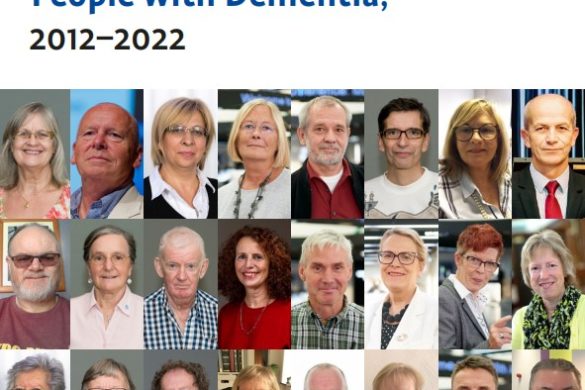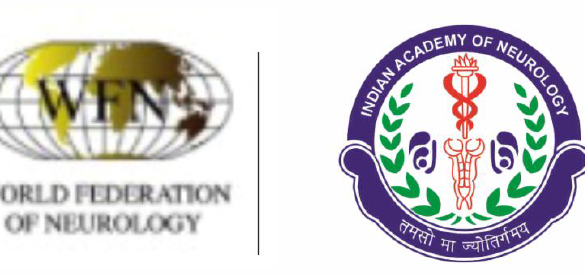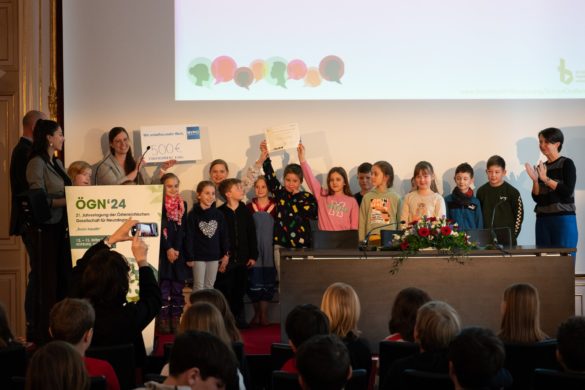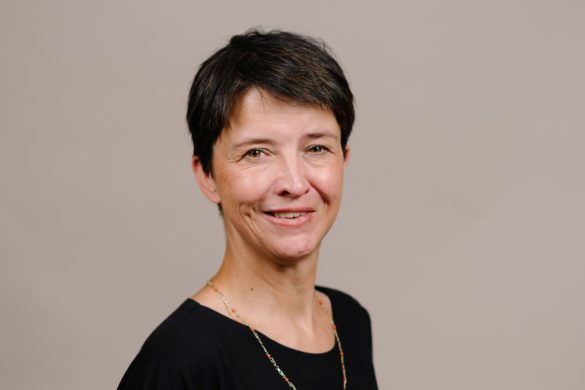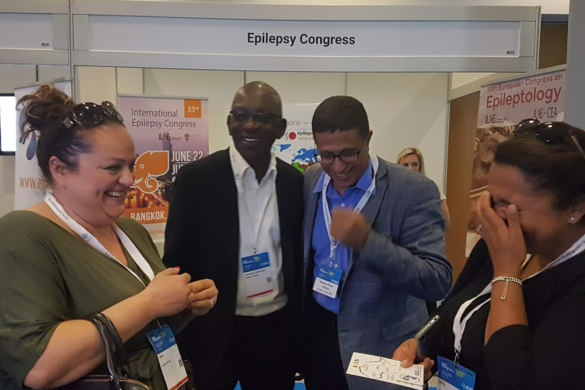STOA – Science and Technology Options Assessment
The importance of research in neuroscience
European Parliament Paul Henri Spaak – Space Yehudi Menuhin
15 March 2016 – 13.30 to 16.30
STOA, an official panel of the European Parliament, organized within the 2016 Brain Awareness Week and event dedicated to “The importance of research in neuroscience”.
The event was chaired by Paul Ruebig, Mep , chairperson of the STOA panel and moderated by Prof. Marina Bentivoglio of the University of Verona, Italy.
The keynote speech was delivered by Prof. Richard Morris, University of Edinburgh, UK
The key messages pointed out the importance of brain research in
a) understanding the brain, working out how it functions to mediate perception, memory, language and action and
b) addressing brain disorders – neurological and psychiatric – as these comprise the largest unmet needs facing the citizens of Europe.
Niall Boyce joined The Lancet as Senior Editor in 2010 and launched The Lancet Psychiatry in 2014.
His key messages related to the need for priorities to optimize the use of research funding. He illustrated the waste of investment because of the way research priorities are set, the way research is designed, conducted and analyzed, regulated and managed. He also referred to the lack of publication of much research and the poor reporting of research that is published.
He illustrated The Lancet’s REWARD campaign that aims at improving the value of the entire biomedical research system.
Bengt Winblad, Sweden, is among others Co-chair of the European Alzheimer Disease Consortium (EADC) and coordinator of the European Union Joint Programme of Neurodegenerative Disorders (EU-JPND). He stated that prevention studies have highlighted the possibility of targeting risk and protective factors to delay onset and reduce the overall prevalence of dementia even if no treatment to halt or reverse AD is yet available.
The Lancet Neurology Commission was aimed to provide information and expert recommendations to policy about the growing problem of AD and related dementias.
As the cost of care rises exponentially, a substantial increase in long-term funding for multidisciplinary research programmes is absolutely essential.
Bernard Dan, Chair of the Scientific Committee of the EACD – European Academy of Childhood Disability, argued that brain disorders in infancy and childhood are among the most disruptive pediatric conditions. They impact most profoundly the life of the patients and their families. He stressed the need to bridge the differences in academic training of medical doctors and allied professions that still exist in Europe and that influence the quality of teaching, research and care.
The research of Mara Dierssen of the Centre for Genomic Regulation, Spain, mentioned the specific challenges brain and mental disorders raise and the lack of treatment for those with mild-to-moderate mental disorders. Europe lacks a standard by which to measure, diagnose and study the presence of mental health which leads to a treatment gap that needs to be closed.
Paul Ruebig and Marina Bentivoglio thanked all speakers and reiterated the availability and wish of STOA to continue its contribution to the enhancement of brain research.
The meeting was adjourned at 4.00pm.
by Eveline Sipido, Liaison officer of the EAN
————————————————————
More information can be found here:
http://www.thelancet.com/commissions/dementia?utm_source=Google&utm_medium=PPC&utm_campaign=dementia
http://www.thelancet.com/pdfs/journals/laneur/PIIS1474-4422(16)00062-4.pdf




